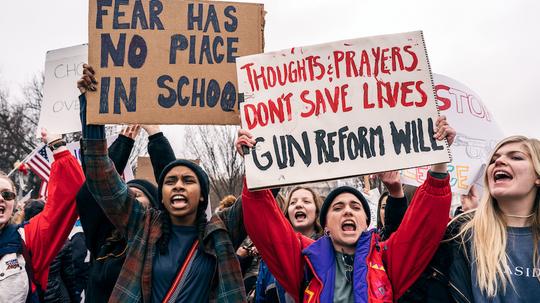
When Wa’il Ashshowwaf opened the door of his dorm room to police officers, he didn’t know that his life would change forever.
As a freshman at the University of New York 25 years ago, Ashshowwaf spent much of his time like other college students, studying and hanging out with friends, but when he was accused of assaulting another student and arrested, his time at the university came to a screeching halt.
“I didn’t know that student. I’d never seen them,” said Ashshowwaf. “When the police came to my dorm to arrest me, I knew it was a mistake, but I figured due process would sort it out.”
That assumption put Ashshowwaf on the losing end of a legal battle and led to his expulsion from the university.
“When I went through the process, it didn’t end well. I had to leave the university and go to court,” said Reyets CEO and Co-founder Ashshowwaf. “I had to go through a long process of things and it’s all because I didn’t know my rights.”
Years later, after settling into his banking career, Ashshowwaf was inspired to create Reyets, a social justice app that uses geolocation technology to inform users of their rights. He knew that it was time to make an impact after seeing the news about the police killing of Philando Castile during a traffic stop.
In recent years, live-streams of police interactions by civilians have become more common. In the Philando Castile case, Castile’s girlfriend, Diamond Reynolds, used Facebook Live to record the fatal traffic stop. Police departments across the U.S. have also implemented body cameras in an effort to increase transparency and accountability among law enforcement.
Reyets also has a live-streaming feature that lets users record police interactions and other incidents for legal purposes. The live-streams can be posted to Facebook and other social media platforms and are automatically backed-up to a cloud.
Ashshowwaf said that without video cameras, many people wouldn’t know about many officer-involved shootings.
Users can document incident reports and ask chatbots questions about their rights within a few clicks. The app uses geolocation and artificial intelligence to synthesize what situations users are in and what information they may need.
“If the app picks up that you’re at the airport, it’ll assume that you’ll want to know about flyers’ rights or immigration rights,” said Ashshowwaf. “If you’re on the highway, it’s probably about a traffic stop.”
Reyets continuously updates law summaries and users can also flag summaries when they have incorrect or outdated information.
“People should be able to assert their rights without it escalating,” said Ashshowwaf. “Reyets gives an enhanced level of understanding. You no longer have to go into a situation without knowing your rights.”




